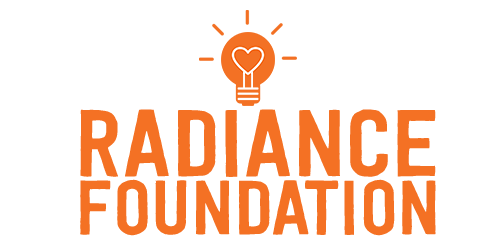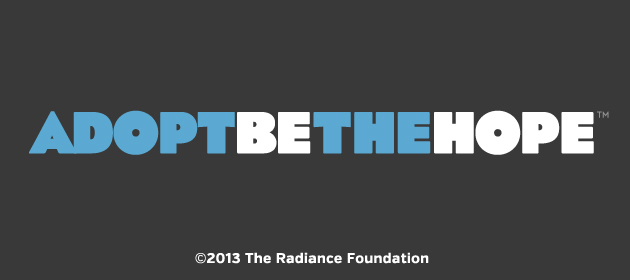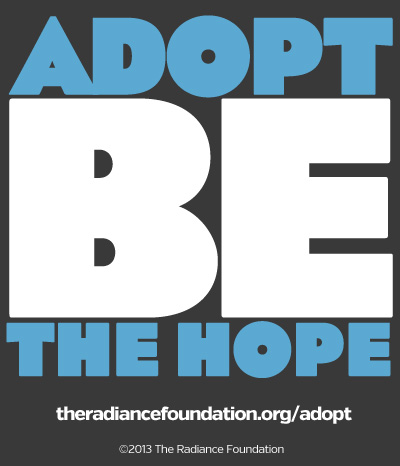SEE ADOPTION RESOURCES AT BOTTOM OF PAGE:
Adoption is a powerful and emotionally potent act, for the birth parent(s) and the prospective mommy and daddy. The act of making and adoption plan for a child and entrusting that life with someone else, who is not biologically-related, is an incredible act of love and sacrifice. We need to foster an environment where people pursue adoption more and the public is educated about the beautiful stories that typify the adoption experience.
Nationally, African American children make up less than 15% of the overall child population, yet comprise 27% of the children who entered into foster care1. According to the nonpartisan federal General Accounting Office, the most influential factor in why black children are disproportionately placed in foster care is neglect, caused as a result of poverty. 2
“Poverty-related factors included the large number of single parents among African American households, a high rate of substance abuse, and greater contact with public officials who have mandatory responsibilities to report incidents of abuse and neglect.”
-United States Government Accountability Office, “African American Children in Foster Care”, July 2007
Foster care offers hope and healing to hundreds of thousands of children each year. In the U.S in 2010, there were 408,000 children in the foster care system with 254,000 who exited the system (more than half who enter are reunited with their biological families). There were 107,000 available for adoption of which 53,000 were adopted.3
Whether you’re spiritual or not, the book of James 1:27 lays out a great framework for the purest form of religion: to take care of widows and orphans. To better understand this charge is to know the prevalence of war during those times that left countless women widowed and children orphaned, necessitating the call to conscience of those who believed to care for those most vulnerable. (See the story The McFalls: Fostering 99 Hearts.)
Today, although domestically we aren’t ravaged by militaristic war, we are being decimated by a cultural war that is leaving behind spouseless mothers and orphans (both born and unborn). The most tragic casualty of this “war” (aside from abortion) is the exponential deterioration of two-parent (married) families in the black community. Contrary to liberalized feminism’s propaganda, black women were not, historically, the lone foundation of the black family, although precious and integral to the family and community. Two-parent homes were the backbone of the community. According to U.S. Census data, in 1950, 78% of all black households were led by married couples. Single female led households made up only 18% of total households.4 Flash forward to 2000, only 32.1% of households in the black community were led by married couples (compared to 53% for all households in the U.S) and 30.5% of black households are led by single women with no husband present. This isn’t about disparaging single parents, but simply illuminating the federal statistics that give us clearer insight into the issue. (We know many parents try to do everything they can to provide love and a good home to their children.) Overall, 3.3 million married-couple households (or 5.5%) live below the poverty line. The rate, however, for female-led households (with no husband present) is more than 5x higher as 28.7% live below poverty. 5
Children who enter foster care are victims of circumstances beyond their control. Foster parents offer them a temporary, stable and loving environment for the healing to begin. Often, foster children are adopted by their foster parents when biological parental rights have been terminated (due to inability to provide a stable and safe home for the child). Children deserve safe and loving environments to thrive and flourish. However, ra cial politics interfere with prospective adoptive parent recruitment and child placement. There are plenty of accusations of the reluctance of whites to adopt black babies. Statistics, however, reveal many white couples have adopted/fostered transracially. That doesn’t negate that there exists racial and cultural ignorance (among all of us) but the fact that black children are over-represented in foster care and remain in there longer is attributable to something more disturbing. Afro-centric groups such as the National Association of Black Social Workers demand black children be placed with African-Americans only. They oppose transracial foster care and adoptive placement. Their 1972 Decree, reinforced in 1994, declared, in its opening paragraph:
cial politics interfere with prospective adoptive parent recruitment and child placement. There are plenty of accusations of the reluctance of whites to adopt black babies. Statistics, however, reveal many white couples have adopted/fostered transracially. That doesn’t negate that there exists racial and cultural ignorance (among all of us) but the fact that black children are over-represented in foster care and remain in there longer is attributable to something more disturbing. Afro-centric groups such as the National Association of Black Social Workers demand black children be placed with African-Americans only. They oppose transracial foster care and adoptive placement. Their 1972 Decree, reinforced in 1994, declared, in its opening paragraph:
“The National Association of Black Social Workers has taken a vehement stand against the placement of black children in white homes for any reason. We affirm the inviolable position of black children in black families where they belong physically, psychologically and culturally in order that they receive the total sense of themselves and develop a sound projection of their future.”
-National Association of Black Social Workers, “Position Statement on Trans-Racial Adoption,” September 1972
The resistance to allow transracial placement required Congressional action in three specific laws to help, in large part, to reduce the time black children were languishing in foster care (in order to find same-race placement). Learn more on the Racialization of Adoption page.
ADOPTION RESOURCES
Footnotes
1https://www.acf.hhs.gov/programs/cb/stats_research/afcars/trends_june2011.pdf
2U.S. Government Accountability Office, “African American Children in Foster Care”, July 2007
3Department of Health and Human Services, “Trends in Foster Care and Adoption”, 2007-2008, https://www.acf.hhs.gov/programs/cb/stats_research/afcars/trends.htm
4U.S. Census Bureau, “We the People: Blacks in the United States”, 2000
5U.S. Census Bureau, “Income, Poverty, and Health Insurance Coverage in the United States: 2008”, https://www.census.gov/hhes/www/income/income08.html
6National Association of Black Social Workers (NABSW) Fourth Annual Conference in 1972, www.nabsw.org











